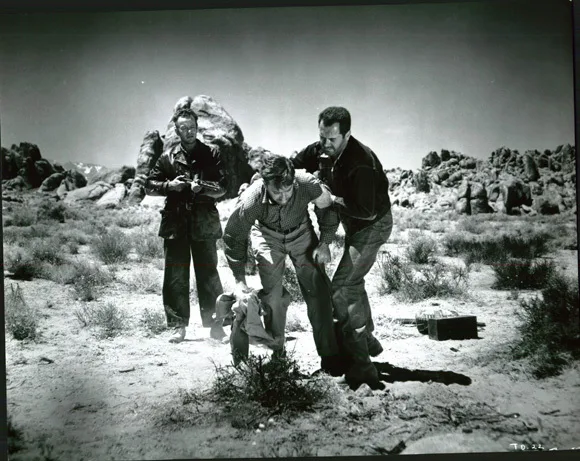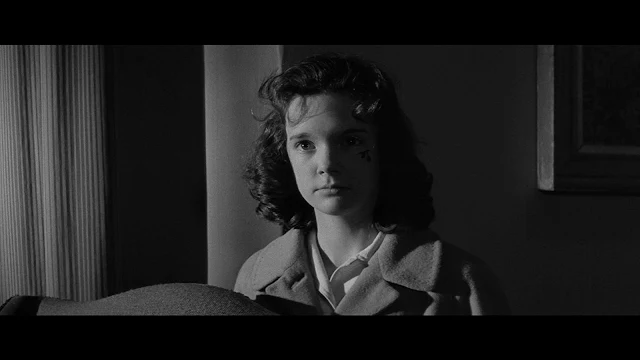A blog formerly known as Bookishness / By Charles Matthews
"Dazzled by so many and such marvelous inventions, the people of Macondo ... became indignant over the living images that the prosperous merchant Bruno Crespi projected in the theater with the lion-head ticket windows, for a character who had died and was buried in one film and for whose misfortune tears had been shed would reappear alive and transformed into an Arab in the next one. The audience, who had paid two cents apiece to share the difficulties of the actors, would not tolerate that outlandish fraud and they broke up the seats. The mayor, at the urging of Bruno Crespi, explained in a proclamation that the cinema was a machine of illusions that did not merit the emotional outbursts of the audience. With that discouraging explanation many ... decided not to return to the movies, considering that they already had too many troubles of their own to weep over the acted-out misfortunes of imaginary beings."--Gabriel García Márquez, One Hundred Years of Solitude
Search This Blog
Showing posts with label Robert L. Joseph. Show all posts
Showing posts with label Robert L. Joseph. Show all posts
Saturday, December 28, 2019
The Hitch-Hiker (Ida Lupino, 1953)
The Hitch-Hiker (Ida Lupino, 1953)
Cast: Edmond O'Brien, Frank Lovejoy, William Talman, José Torvay, Sam Hayes, Wendell Niles, Jean Del Val, Clark Howat, Natividad Vacío. Screenplay: Collier Young, Ida Lupino, Robert L. Joseph, Daniel Mainwaring. Cinematography: Nicholas Musuraca. Art direction: Albert S. D'Agostino, Walter E. Keller. Film editing: Douglas Stewart. Music: Leith Stevens.
The thing I admire most about The Hitch-Hiker is its economy. It doesn't waste time giving us, for example, the backstory of Roy Collins and Gilbert Bowen, the two guys played by Edmond O'Brien and Frank Lovejoy. Lesser films would have given us scenes in which they bid farewell to their wives and children, trying to establish them as good guys in the hands of a psychopath -- we catch on to that fast enough without sentimental ties back home. Ida Lupino doesn't need to mess around with unnecessary sympathy for them. In fact, we're aware that they're not entirely paragons of virtue: They bicker, for example, about where they're going to spend their little time away from their wives, and there's a suggestion that they're glad to get away from home and family -- it looks like they want a little more action than just fishing. Later, after they've been trapped by Emmett Myers (a wonderfully scary performance by William Talman that makes me regret he got forever stuck as Hamilton Burger, the loser D.A. on the Perry Mason TV series), they quarrel about how they might escape from his clutches -- at one point Bowen even slugs Collins, who is on the verge of hysterics. There are some flaws: It's never really clear why Myers doesn't just shoot at least one of them -- he doesn't really need both to complete his journey to Santa Rosalía. And I do think the film falls a little flat at the end when Myers is so easily captured, but not enough to mar the gritty whole of the movie. Lupino and cinematographer Nicholas Musuraca use the desert landscape to great effect: It provides both isolation and exposure. The Hitch-Hiker deserves its reputation well beyond its historical distinction as a film noir with an all-male cast directed by a (gasp!) woman.
Saturday, October 5, 2019
The Third Secret (Charles Crichton, 1964)
The Third Secret (Charles Crichton, 1964)
Cast: Stephen Boyd, Pamela Franklin, Richard Attenborough, Diane Cilento, Jack Hawkins, Paul Rogers, Alan Webb, Rachel Kempson, Peter Sallis, Patience Collier, Freda Jackson, Judi Dench, Peter Copley. Screenplay: Robert L. Joseph. Cinematography: Douglas Slocombe. Production design: Thomas N. Morahan. Film editing: Frederick Wilson. Music: Richard Arnell.
The Third Secret is a moderately engaging whodunit probably most remembered today as Judi Dench's first movie. She plays the assistant to a gallery owner, Alfred Price-Gorham (Richard Attenborough), who becomes a suspect in the murder of a psychoanalyst, Dr. Leo Whitset (Peter Copley). Actually, Whitset's death was ruled a suicide until Alex Stedman (Stephen Boyd), an American who is a well-known commentator on British TV news, rejects the idea that Whitset, who was his analyst, could have killed himself. So Stedman starts snooping, aided by Whitset's precocious young daughter, Catherine (Pamela Franklin), who also doesn't believe her father could have committed suicide. She knows the names and addresses of Whitset's other clients, who include not only Price-Gorham but also a beautiful but neurotic young woman, Anne Tanner (Diane Cilento), and a distinguished judge, Sir Frederick Belline (Jack Hawkins). Stedman figures that each of them had a motive for killing Whitset, to keep the secrets they had confided in their analyst from becoming known. Naturally, complications ensue, and there are some mildly shocking twists before the truth -- the titular "third secret" -- comes out. Dench's few brief moments on film hardly make it worth seeking out, but it has the familiar comfortable quality of British mysteries and some nice black-and-white Cinemascope camera direction by Douglas Slocombe.
Subscribe to:
Comments (Atom)

























